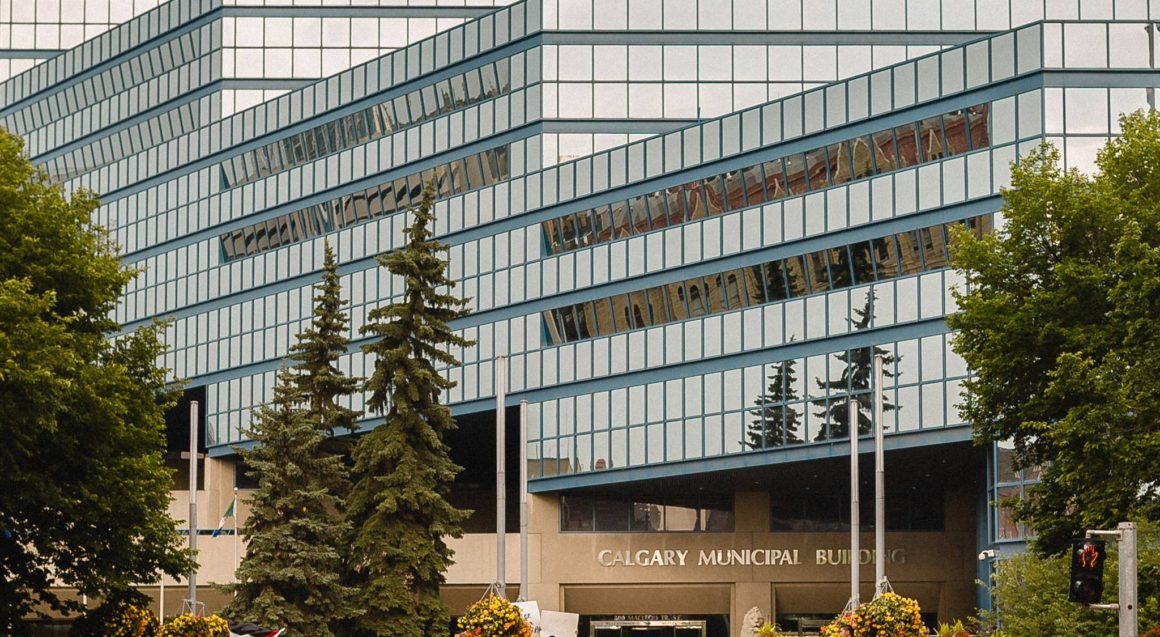
Calgary city council rejects two proposals on secondary suite reform
By Scott Strasser, August 1 2016 —
Calgary city council voted down two proposals regarding secondary suite reform on July 25, maintaining the city’s stance on the issue and its strategy for handling it.

Louie Villanueva
Coun. Shane Keating’s proposed method for easing the secondary suite application process was voted down 8–7, while Coun. Andre Chabot’s proposed plebiscite to go alongside the October 2017 municipal election was voted down 9–6.
Following the votes, Calgary mayor Naheed Nenshi — a longtime supporter of secondary suite reform — called the meeting a “failure.”
“Nothing changed,” Nenshi said. “Eventually, council is going to have to come to grips that this really is a failure. We have failed as a council.”
Secondary suites are housing units inside single-family homes that typically consist of a basement with a separate entrance, kitchen and bathroom.
Zoning and land use restrictions in Calgary make most secondary suites illegal. The municipal government estimated last year that there were more than 40,000 illegal suites in Calgary.
To legalize a secondary suite, homeowners must undergo a lengthy approval process that includes acquiring a building permit, paying a $1,000 registration fee and arguing their case before city council.
City council currently goes through each secondary suite application on a case-by-case basis. Approving or disapproving 20 or more applications can eat up much of a city council meeting and is a strategy often debated among council members.
Students’ Union vice-president external Tristan Bray said the SU supports the legalization of secondary suites, as they provide another affordable living option for students.
“We know there are many students living in illegal secondary suites,” Bray said. “[Secondary suite legalization] really has an impact on their affordable housing options near the university and their safety.”
Opponents to secondary suite reform argue that suites need to be examined closely to ensure they are up to fire, health or safety codes.
“There seems to be concerns among some councillors and community associations that legalizing secondary suites will make their communities less safe,” Bray said. “That’s the main concern and pushback.”

courtesy Shane Keating
One of the rejected proposals on July 25 was a plebiscite alongside the October 2017 municipal election to ask Calgarians for their feedback on secondary suites. According to council, the plebiscite would have cost the city roughly $400,000.
Bray said the SU didn’t think the plebiscite was necessary, as there is already significant poll data that show Calgarians support secondary suite legalization.
“On the plebiscite, we feel it’s really only delaying a real solution,” Bray said. “In 2011 the SU commissioned a poll and it demonstrated the majority of Calgarians support the legalization of existing secondary suites. In 2015 there was another poll on secondary suites that also showed Calgarians support secondary suites. We already how the city generally feels about this.”
Coun. Keating’s plan to ease the approval process for secondary suites was also rejected.
Keating wanted to redefine the city’s secondary suite zones and give each boundary its own rules and regulations. Under his plan, secondary suites in the inner-city would have been legalized, while suites in the outer portion of the inner city would have been made a “discretionary use.” They would be approved on a case-by-case basis by City of Calgary staff instead of council members. Any secondary suites outside of those two zones would have followed the current application process.
Bray said the SU supported Keating’s motion, though with some amendments.
“Our main concerns were around the $1,000 fees, as it discourages existing illegal secondary suite owners from registering their suite,” Bray said. “The second concern we had was around the zone. We would have liked to see the permitted use zone expanded to include communities around the U of C, as that’s where most students are.”
The SU asserts that around 20 per cent of U of C students rent off campus and roughly a quarter of those students live in secondary suites.
